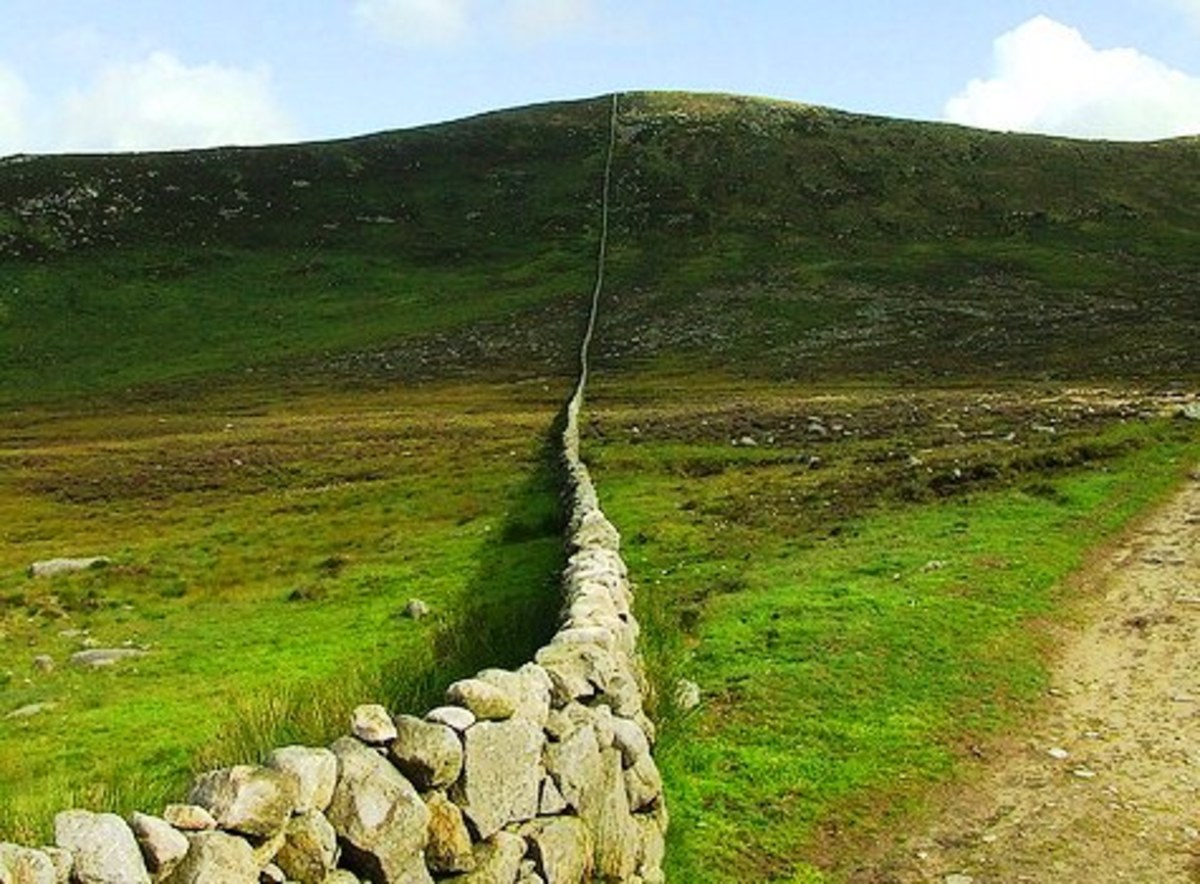How to Get Out of Debt, One Month at a Time
Regardless of the debt, there is a problem that most people with debt face, and it doesn't matter wether its unhealthy or healthy debt, and that is cash flow. Its pretty comical that the pundits who know all about money will tell you till they're blue in the face that you should pay off your highest interest debt first......really?...like we couldnt figure that out. What they fail to mention is that most people with debt, have a hard time making a debt payment period, regardless of what the interest is. Saving? if that is even possible right? But in order to get out of debt, that is exactly what you need to due. We can't just snap our fingers and find a new job to make more money and we may not even have the hours in a week to work an extra job, but the one thing you can control, is your own life and lifestyle. But for arguments sake, lets walk through one more time, why its important to control the interest rates of your debt.
Carrying debt is not always a bad thing. There is healthy debt, like a mortgage or low rate personal debt and there is un-healthy debt, like credit cards, cash advances, or other consumer oriented loans. The difference between healthy and non-healthy debt would be the interest rate and any associated tax benefits, such as deducting mortgage interest from your IRS tax liability. If you're carrying debt that penalizes you higher than historical investor returns, lets say 9%, that would fall into the category of unhealthy. For a simple example, lets say in 1 year you have borrowed $10,000 and hold $10,000 in investments. If your debt carry's a 13% interest rate, at the end of the year you would be paying $1,300 while your investments only made you $900 ($10,000 at historical 9% returns). This would be unhealthy debt. Lets say however, that your debt carries 6% interest, in one year you would be paying $600 compared to the $900 you made on your investments. This would be a healthy debt situation.
As a rule, if your investment returns (savings, investing, etc) can yield you more than it costs in interest, than this is a healthy situation. If on the other hand, your interest expense overshadows your investment earnings, you've got a bad situation on hand. While paying off debt is important, it is equally important to save and invest. Think of the two as good cop bad cop, as long as you don't increase your debt, the amount of savings and investments will continue to go up, while the amount of debt will continue to go down, therefore creating more wealth for yourself getting you closer to freedom.
But what can you do one month at a time? Beyond getting another source of income, we have to deal with the variables we can control, mainly our cost of living. The biggest hurdle here isn't in cutting costs, its in accepting mentally and emotionally that you need to scale back. It is a hard pill for many to swallow to admit defeat that they are "poorer" than they really are. It's a humbling experience and the main reason why so many people stay in debt. They drown in their own pity and wallow for months, accruing more interest and procrastinate hearing the music.
So it helps to know that once upon a time, man ate nothing but berry's and nuts, slept outside, didn't have fire and yada yada yada thousands and thousands of years later, we're still here. You'll live. You'll survive, and can actually thrive on next to nothing. So the first step is to change your expectations and wants and focus purely on your needs. Be thankful for the few things you do actually have. A warm shirt, a refrigerator for food, be thankful for the small things and appreciate that you could be without. Hold on to what you have. This mindset will help you appreciate the money that you do make. Value each and every dollar, because tomorrow it could all be taken away. So once you've convinced yourself you're ready to do it, your mind is right, you're motivated, the next step is to simply live. You'd be surpised of the things you can do without spending money. Learn to enjoy fresh air, a cool breeze, a setting sun and the morning glow. Nature provides its own free entertainment. By doing this, you're finding a new way to live and enjoy life. No longer are nights spent surfing the internet, updating facebook and downloading music (all things requiring money), instead you're exercising, stimulating your senses and learning about yourself and life, growing as a person all the while, lessening your dependence on the spoils of society. Before you know it, cutting internet on your phone or at home won't seem such a big deal, you really don't need it on both. Having high-definition and a DVR won't seem as important or able to capture watching a magnificent sun-set. Fresh air in the summer will feel refreshing as you prefer to keep the air conditioning off. Walking to the store seems better exercise than driving your car. By simply learning to appreciate life, you're indirectly saving money. Money that will be freed up to pay down your debt and give you true freedom. Anything good in this world was only made great by taking a few steps back and making adjustments.
Now that you've adapted your lifestyle, you can focus on the things you spend your money on. Going out to dinner, the movies, the bar, wherever you may go, look at these activities as rewards for your diligent lifestyle and choose to go out as a reward, not out of boredom. Evaluate variable costs, like internet at home and on your phone, are you taking toll roads that could be avoided or overpaying for parking to save a few minutes? Look at all of the electricity activities, air conditioning, heating patterns and see if they are out of comfort or laziness to set a timer. There are hundreds of cost cutting tips but the basic premise is the same, adjust your mindset and accept a new lifestyle, cut some costs and save the extra money.
There are some helpful things to do with that savings instead of blindly making an extra debt payment. If for instance, you've managed to adjust your lifestyle and cut out an additional $200 a month, what should you do with that extra cash? Pay down your debt or save it? Both. Realistically speaking, paying an extra $20, $30 dollars on a credit card bill, will no doubt help, but it isn't going to make you rich. Mentally speaking, we have a mindset that cash is what makes us rich and debt is what makes us poor. We've already gone through the depressing act of devaluing our lifestyle, but now is the time to flourish and energize your perspective.
The key to paying off debt is sustainability and commitment to a way of life. Sure its easy to go on a savings spree for one week, two weeks, but 3 months, 4 months, not so much. One a monthly basis, take 1/2 of what you saved and use it to increase your debt payments, put the other half in some kind of investment (savings, stocks, bonds, etc). This is not a rainy day fund, or vacation fund, it is still a debt fund. Consider it gold in the bank. This is what will allow you to rest easy while your debt is trying to haunt you. As I said, successfully paying down debt is not so much about the money as it is the mind and emotions that sabatoge our efforts to consistently live within our means. Having this savings account and watching it grow will be the positive aspect and reminder of your re-payment plan. So what do you do with this extra savings? Let it sit and watch it grow until it reachs a pivotal balance. That momentous point is when the amount of your remaining debt is equal to the amount of cash you have saved. When that day comes, write the check to pay off your balance and be debt free months before you expected. Not only have you gotten yourself out of debt, you've learned to live a sustainable life that in the end, money cant buy.








